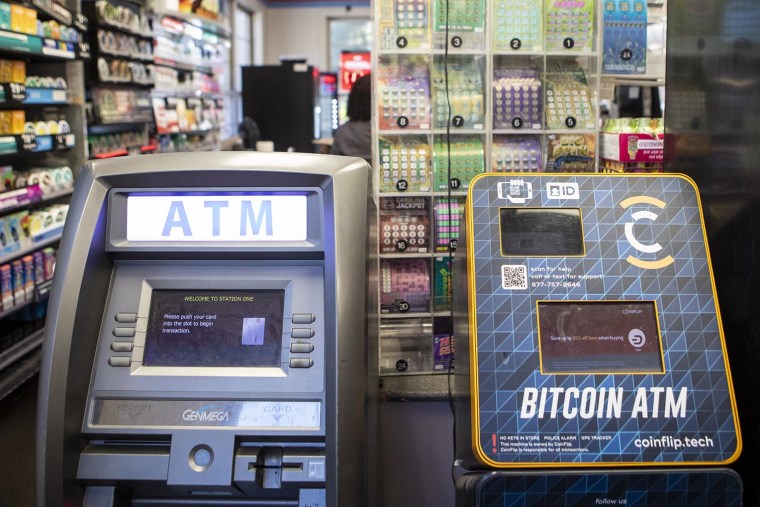Summary:
$3.1 million lost by Beaufort County residents to crypto scams last year.
Seniors targeted more frequently due to their savings.
Marianne's story highlights the risks of Bitcoin ATMs.
Legislative efforts underway to enhance consumer protections.
AARP reports daily scam incidents involving Bitcoin ATMs.
The Rise of Crypto Scams in Beaufort County
Residents of Beaufort County, South Carolina, have reported staggering losses of $3.1 million from cryptocurrency scams in the past year alone. The scams often involve Bitcoin ATMs, which have become increasingly common in local grocery stores and gas stations.
A Disturbing Personal Story
Marianne, a retired healthcare worker, fell victim to one such scam when she received a call from someone claiming to be with the Beaufort County Sheriff’s Department. The caller accused her of missing jury duty and threatened jail time unless she paid a $7,500 bond. Under pressure, Marianne withdrew her savings and fed the cash into a Coinstar ATM, unaware that the money was being converted to cryptocurrency and sent to a scammer's wallet.
 At least three states have daily transaction limits for bitcoin ATMs.
At least three states have daily transaction limits for bitcoin ATMs.
The Growing Threat to Seniors
With more than a third of Beaufort County's population projected to be 65 or older by 2040, scammers are increasingly targeting this demographic. The Federal Trade Commission reports that individuals aged 60 and older are over three times more likely to report scams involving Bitcoin ATMs.
Eric Calendine, a lieutenant with the Beaufort County Sheriff’s Department, highlighted alarming cases where retirees lost significant sums, including one couple who lost nearly $390,000 by believing they were protecting their savings.
Legislative Responses and Consumer Protection
In response to the rising threat, Sen. Dick Durbin and other lawmakers have urged crypto ATM companies to implement stronger fraud prevention measures, especially for seniors. Some companies are now requiring older customers to consult with agents before completing transactions.
Despite these efforts, the AARP's fraud hotline continues to receive daily reports about Bitcoin ATM scams, emphasizing the urgent need for stricter regulations.
The Path Forward
As scammers evolve their tactics, law enforcement and consumer advocates argue for legislative changes that could limit daily deposit amounts at Bitcoin ATMs and enhance consumer protection. With many victims unable to recover their lost funds, the stakes have never been higher for residents of affluent communities like Beaufort County.
 Law enforcement engages with residents to raise awareness about crypto scams.
Law enforcement engages with residents to raise awareness about crypto scams.







Comments